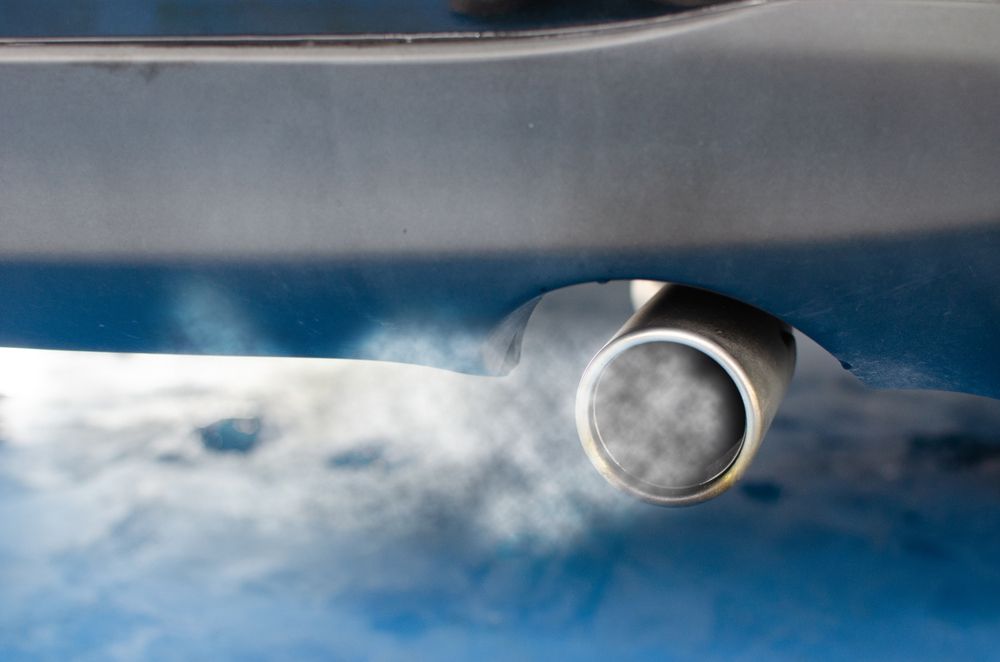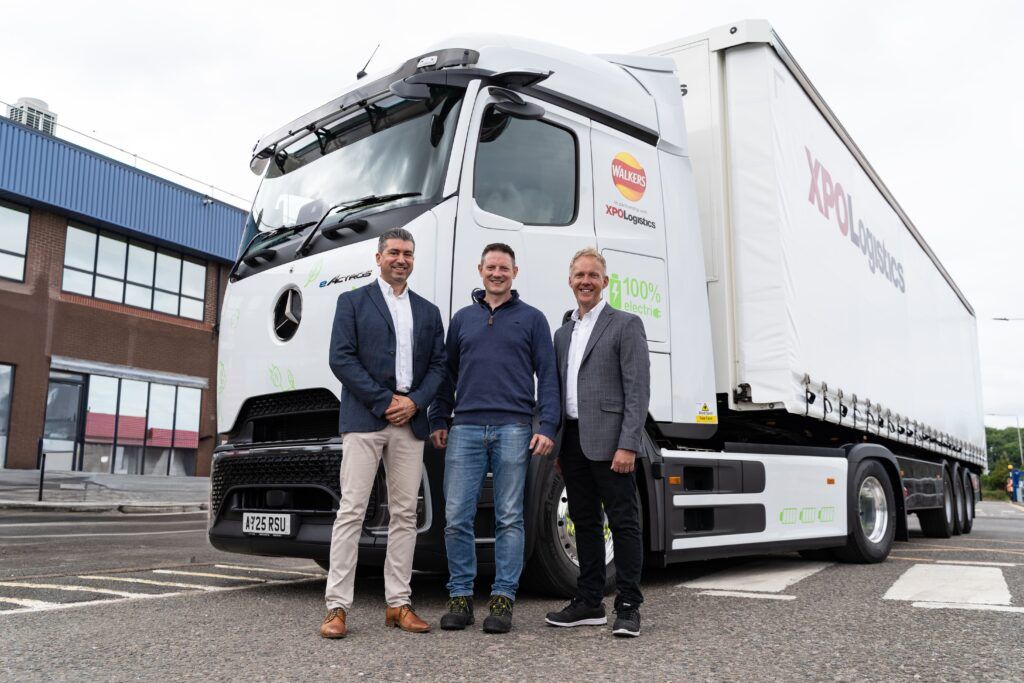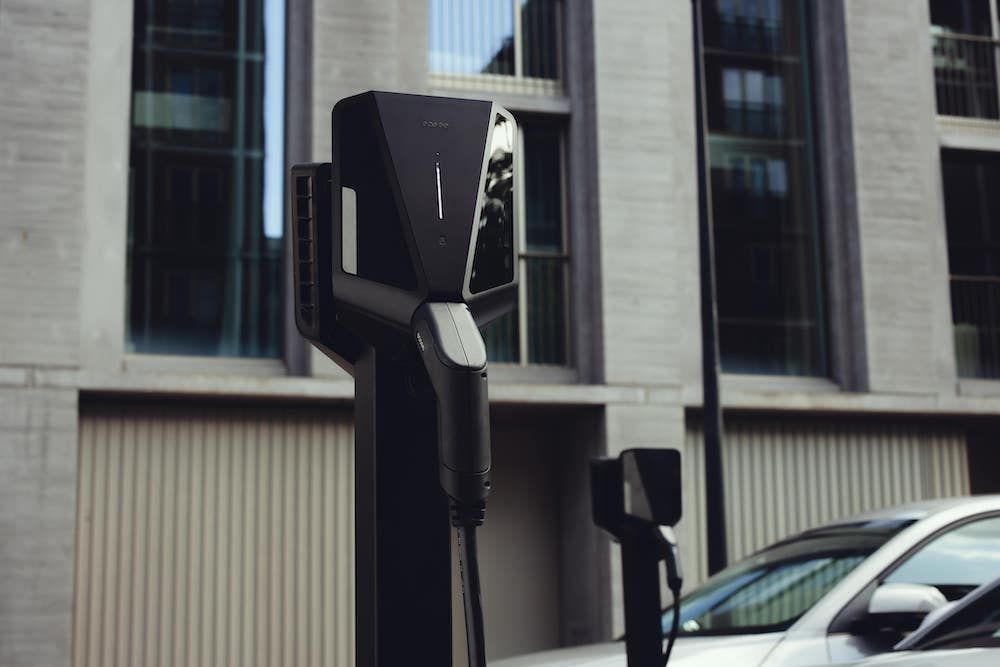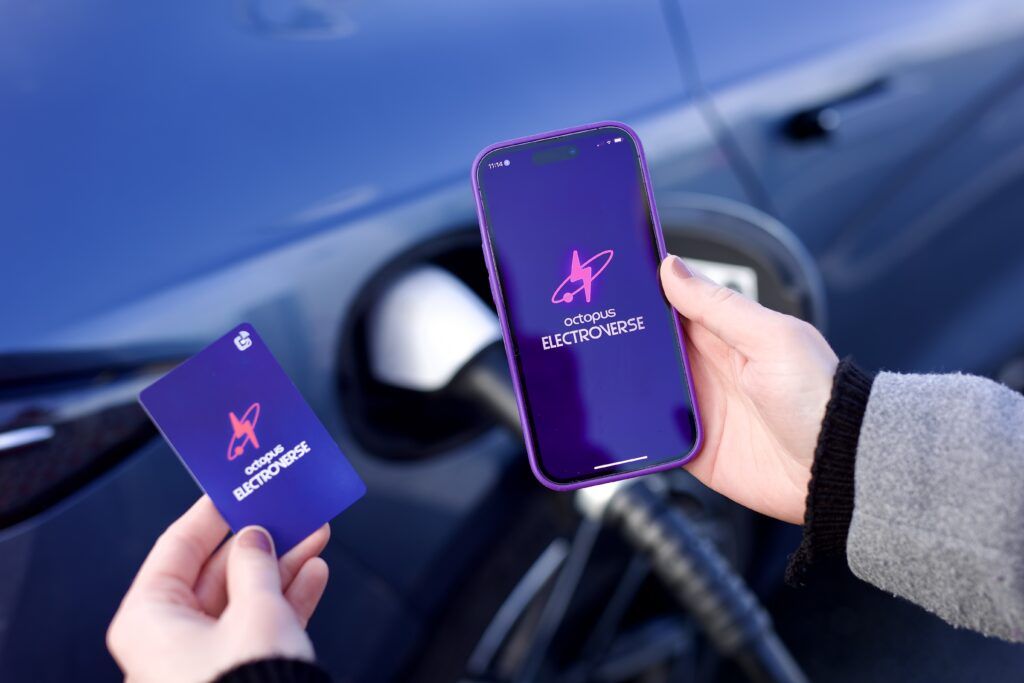An EV battery uses just 30kg of raw materials with recycling compared to the 17,000 litres of petrol burned by the average car, according to new research.
The study, from campaign group Transport and Environment, reveals Europe’s current crude oil dependency outweights its need for battery raw materials. The gap will increase further as technological advancements drive down the amount of lithium required to make an EV battery by half over the next decade, the group said.
The amount of cobalt required will drop by more than three-quarters and nickel by around a fifth.
In 2035, more than a fifth of the lithium and 65% of the cobalt needed to make a new battery could come from recycling, the study finds. Transport and Environment said the recycling rates, which are required under a new law proposed by the European Commission, will significantly reduce EVs’ demand for new materials too.
Europe will produce enough batteries to supply its own EV market as early as 2021, the study also finds. Already 22 battery gigafactories are planned for the next decade with total production capacity extending to 460 GWh in 2025, enough for around 8 million battery electric cars.
Overall, EVs require 58% less energy than a petrol car over their lifetime, the study finds. And even in the country with the most fossil-fuel dependant electricity supply in the EU, Poland, EVs still emit 22% less CO2 than petrol cars.
Lucien Mathieu, transport and e-mobility analyst at Transport and Environment, said: “When it comes to raw materials there is simply no comparison.
“Over its lifetime, an average fossil-fuel car burns the equivalent of a stack of oil barrels, 25 storeys high. If you take into account the recycling of battery materials, only around 30kg of metals would be lost – roughly the size of a football.”














